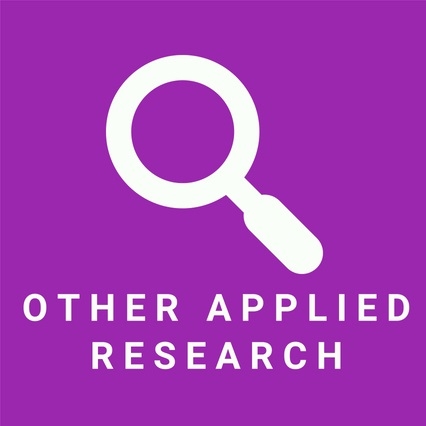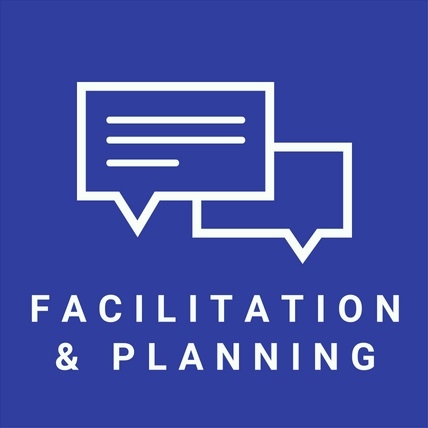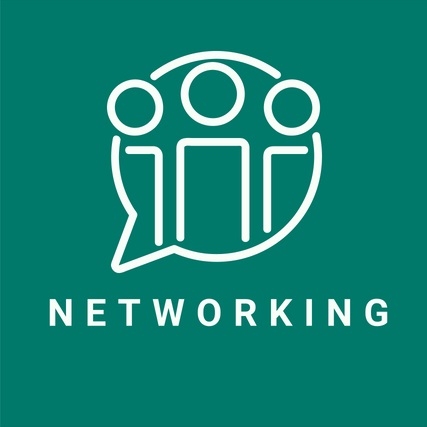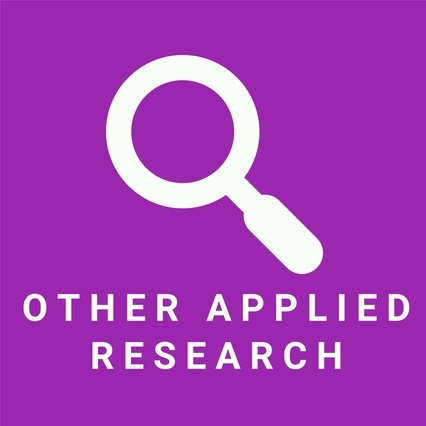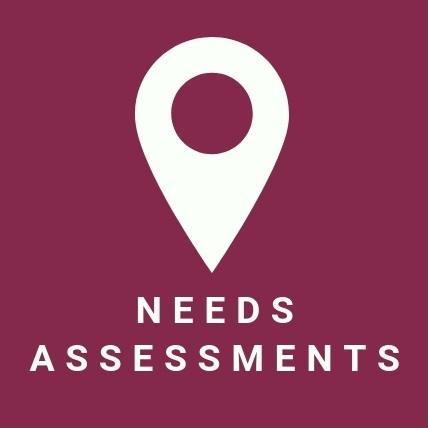Projects
CCBR typically has 15-20 ongoing projects and has completed over 450 projects since 1982. Each project is guided by our commitment to impacting social change in practical and powerful ways. We conduct research with people not on people, cultivating respect with communities at every step of the process.
Projects can be searched for using words from the project title or using the service area, theme, or date range for the project. You can also type 'Service Area' or 'Theme' into the search bar to get a list of options in each of these fields.
Projects
The main purpose of the research was to better understand the impact of alleged hate motivated crimes on the community as a whole. The study focused on particular communities impacted by particular hate incidents and was not an attempt to examine the public opinion regarding hate crime in general. This research was funded by the Department of Justice Canada.
CCBR was the lead community facilitator in developing a local immigration partnership that helped immigrants and refugees to successfully settle and integrate in Waterloo Region.
CCBR conducted an on-going evaluation of employment strategy developed by the London/Middlesex Immigrant Task Force (LMIETF). This evaluation was funded by the London-Middlesex Immigrant Employment Council (LMIEC) via WIL Counselling and Training for Employment.
CCBR conducted an on-going evaluation of a two-year program led by The Working Centre. The Social Work in Waterloo Region Bridge Training program was a preparatory program for Internationally Educated Social Workers (IESW) and others from related fields. The evaluation was funded by the Ontario Ministry of Training, Colleges, and Universities.
This project involved conducting research on provincial government best practices that have facilitated access to professional employment for immigrant professionals. The research aimed to help the BC International Trained Professionals Network to influence British Columbia government policy.
This project involved developing a logic model for the immigrant employment initiative proposed for Atlantic Canada by Citizenship and Immigration Canada, Atlantic Region.
CCBR conducted an evaluation of a pilot project in Kitchener-Waterloo designed to assess the prior learning of Spanish speaking newcomers and provide additional educational support towards receiving a high school diploma. The evaluation was funded by the Ontario Ministry of Education via Waterloo Catholic District School Board.
Piedmont Behavioural Health implemented year one of a Cultural Competence initiative. WLT Consulting conducted an evaluation and requested help with analyzing qualitative data from an employee survey. CCBR analyzed the data and provided a brief report on common themes regarding the impact of the initiative on employees’ understanding and practice of cultural competence in their work.
CCBR organized and facilitated a Somali Muslim Hate Crime Summit that raised the level of awareness about hate crimes and their victims, and that built multi-stakeholder strategies to prevent future incidents. This summit was carried out in partnership with the Somali Canadian Association of Etobicoke.
CCBR explored volunteer experiences of diverse ethno-cultural youth in Waterloo Region, the perceptions, and values that they and their communities have about volunteerism and strategies on how to strengthen their engagement. In year two, the new strategies to strengthen ethno-culturally diverse youth volunteerism and the effectiveness of the community conference to raise awareness about the topic were evaluated.
CCBR provided a review of community needs, promising practices, and partnership opportunities in after-school programming towards the establishment of a sustainable model for after school programs for disadvantaged neighbourhoods in Waterloo Region. This review was funded by House of Friendship.
CCBR designed and implemented evaluation tools for a new program in art therapy for child victims of trauma at Turtle House. The evaluation was funded by United Way Greater Toronto.
